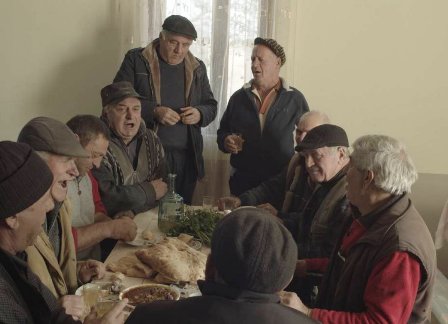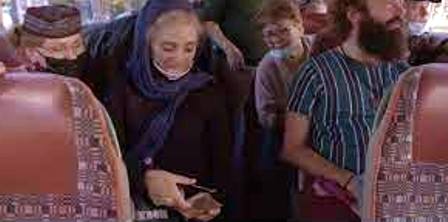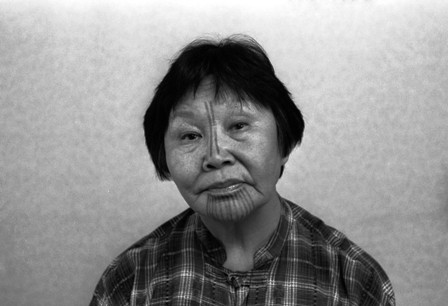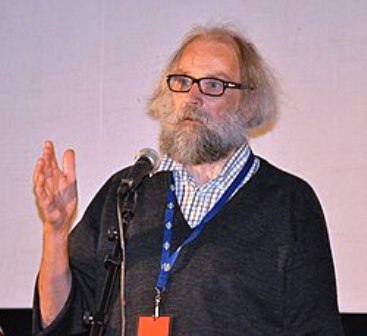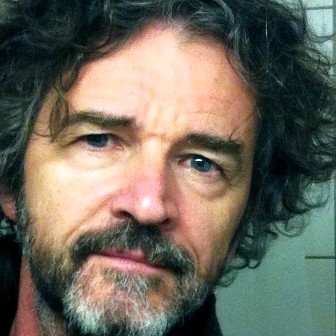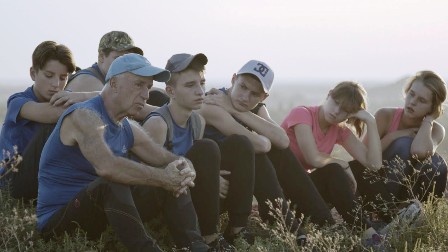


Robert Kirchhoff: All Men Become Brothers
I am sure many of you remember the iconic moment from November 1989, when Vaclav Havel and Alexander Dubcek stand on a balcony in the Wenceslas Square in Prague being welcomed enthusiastically by hundreds of thousands. It was the days of the Velvet revolution and the hero of 1968 and the hero of 1989 were there together. I get tears in my eyes whenever I see that clip with Dubcek with embracing the crowd with his arms…
There are films about Havel, first of all “Citizen Havel” (directed by Pavel Koutecký and Miroslav Janek), but until now no documentaries – to my knowledge – focused only on Alexander Dubcek. Thanks to Slovak Robert Kirchhoff there is now a detailed, well composed cinematic essay, a huge work that has taken him years of research and contemplation on how to tell the story about the man, who wanted “socialism with a human face”.
I have learned so much about Dubcek from watching this film that had its premiere at the recent festival in Karlovy Vary and will be – according to the director – screened “August 21st, on the 55th anniversary of the occupation of Czechoslovakia… to the Czech Senate under the patronage of Petr Fiala – the Prime Minister of the Czech Republic.” And at festival after festival, I am sure.
The face of Dubcek… Kirchhoff keeps going close to portraits and busts of a man, who had the most gentle smile, a mild face, “he was a beautiful being”, says one about him, “but he was a coward”!
Hero or coward? This – in many nuances – question goes through the whole film. Mostly old people – same age as the one who writes this – remember him and many express clearly that Dubcek was a true communist, an Apparatjik, who knew how to gain power and influence to get to the top as party secretary. The main accusation towards him, however, was that he signed the so-called “baton law” that gave the authorities the allowance to beat hard on demonstrators against the Soviet (and the Warsaw pact countries) invasion and their fight against the Prague Spring.
Kirchhoff avoids elegantly to use interviews when he brings witnesses to the screen. The old grey-bearded men meet in Havel’s apartment at the river, to talk and watch a video clip, and in another sequence an almost blind man who was the secretary of Dubcek and who has written a book about him, tries to remember the meeting Dubcek had with Gorbachov after he came back to politics in 1989. It was an important moment for Dubcek, but did he receive an apology? The secretary does not remember. The above mentioned video clip is commented by the people in the apartment – it was about a visit to Dubcek to tell him that he would not become president of Czechoslovakia – he became Head of the Parliament, Havel President. He took it hard one of them says.
No interviews… and a great introduction to the film seeing legendary film director Karel Vachek lying on the grass in front of the Dubcek Birth House talking about sex watching insects in action (!) and bringing his perception of the man to the screen. He is filmed by one of the students and says – I did not remember – that he has made a film on Dubcek. Clip follows, Dubcek and another man on their way to a meeting, Vachek behind the camera. A small conversation. Lovely!
Archive is always used in an intelligent way as when a reporter knocks on the door of Dubcek asking him if he would like to travel… Dubcek smiles his smile responding that he would love to just leave his house once in a while but impossible – he was under constant surveillance when he came back from his short period as ambassador in Turkey, where Kirchhoff goes to film as well, together with the widow of Dubcek’s translator, who was in fact also working for the Secret Service reporting back on Dubcek, the symbol of the Prague Spring!
A core scene in the film shows what happens at a ceremony, where one more bust of Dubcek is to be unveiled. It is very ceremonial, but an old white bearded man is present with a sign mentioning four victims of the “baton law”, that was signed by Dubcek. He is not welcomed and ends up being thrown out from the place, violently, to be transported away in an ambulance. The “baton law” in practice again…
Dubcek received lot of recognition when he came back to politics after years working in a forest institution after his brief post in Turkey. Again, there are wonderful archive material with him on Italian television interviewed by Umberto Eco and with Romano Prodi, if anyone Mr. Europe, who, if I got it right, participated in the giving an honorary doctorate to Dubcek at the university in Bologna. Charismatic Prodi talks so well about Dubcek and Europe, including the statesman as a one strong supporter of a free Europe. Kirchhoff ends his film with “An die Freude”, the European anthem.
And then I have not mentioned the start and ending of the film that take place in Kyrgyzstan, another example of the director’s innovative and creative skills as a true filmmaker. Watch it!
PS! The first lines of this article mention the balcony in Prague in 1989 – it is not in the film but stays in my mind as so many of the sequences in the excellent work of Robert Kirchhoff.
Czech Republic, Slovakia, 2023, 116 mins.
